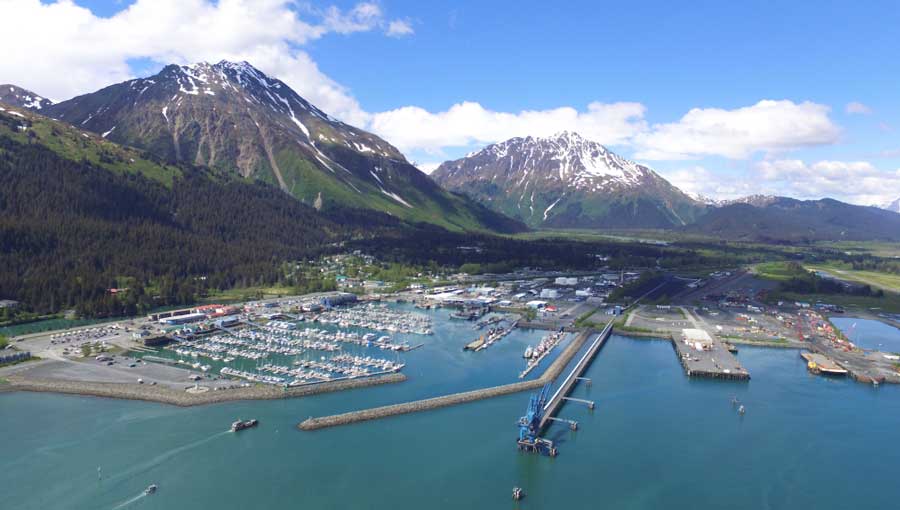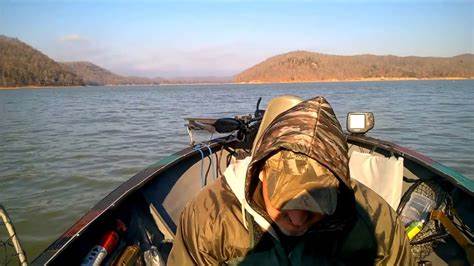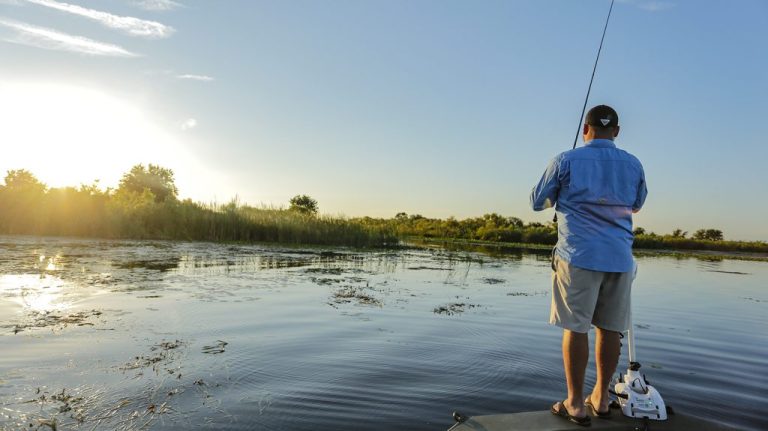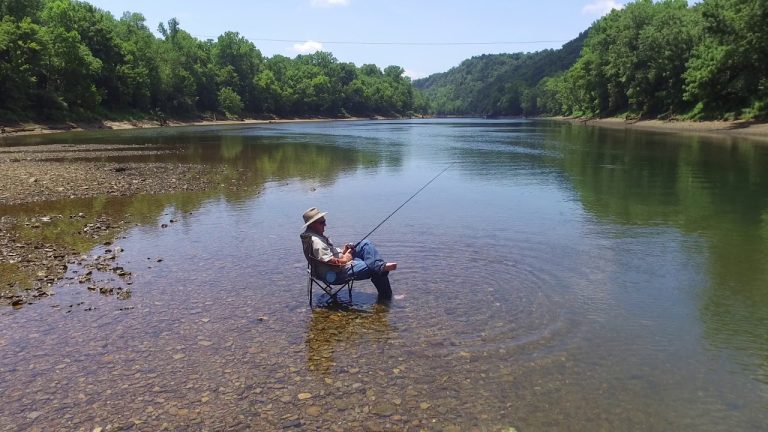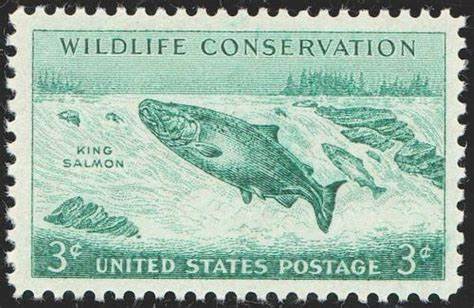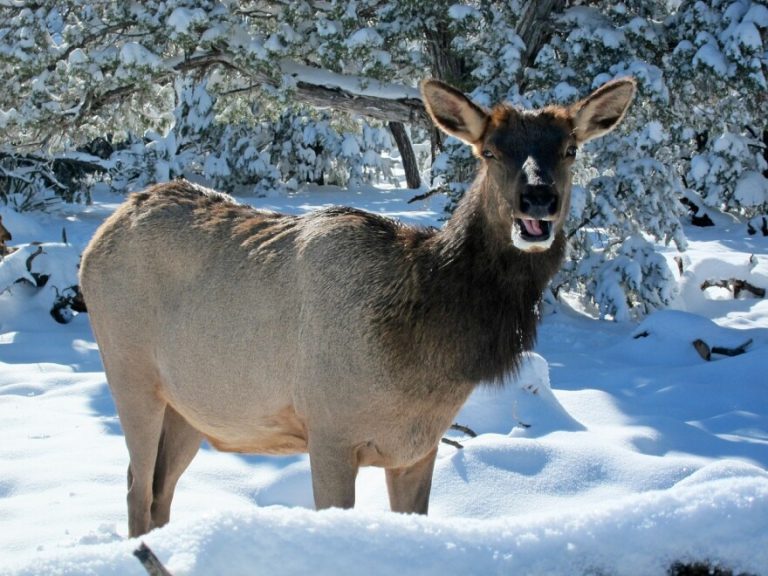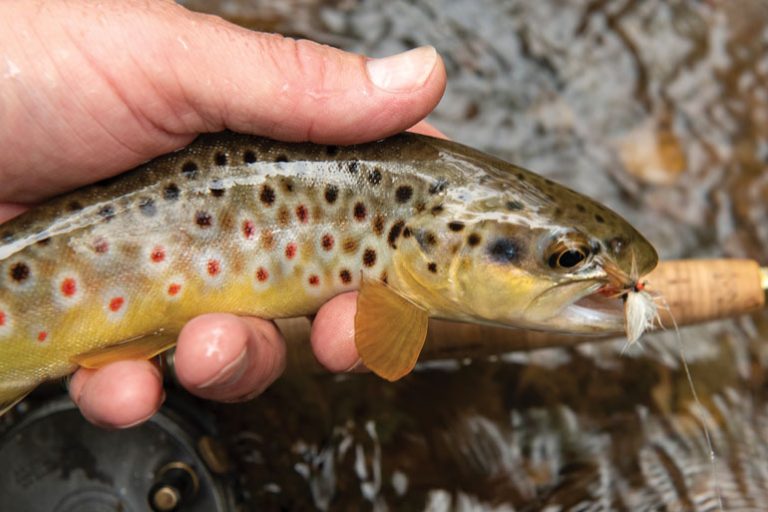Are you dreaming of the fishing adventure of a lifetime in Alaska’s pristine waters? Before you embark on your guided fishing trip in the “Last Frontier,” it’s crucial to understand the state’s fishing license requirements. This comprehensive guide will delve into everything you need to know about obtaining the proper fishing licenses for guided trips in Alaska. From the types of licenses available to regulations and conservation efforts, we’ve got you covered. Get ready to cast your line with confidence!
Why Fishing Licenses Matter in Alaska
Alaska is world-renowned for its abundant fish populations and breathtaking natural beauty. To ensure these precious resources are protected for generations to come, the state requires all anglers to obtain a valid fishing license. Fishing licenses serve several important purposes:
- Conservation Funding: License fees directly support critical conservation efforts like habitat restoration, population monitoring, and research. By purchasing a license, you’re investing in Alaska’s fisheries.
- Sustainable Management: Licenses help regulate fishing activities and prevent overfishing. Catch limits and seasonal restrictions ensure healthy fish populations thrive.
- Compliance and Enforcement: Having a license demonstrates your commitment to following the rules and supporting ethical fishing practices. It also helps law enforcement identify and prevent illegal activities.
When you buy a fishing license, you’re not just gaining access to incredible fishing opportunities – you’re playing a vital role in preserving Alaska’s world-class fisheries.
Types of Alaska Fishing Licenses
Alaska offers several fishing license options tailored to residents and non-residents, as well as specific fishing environments. Let’s break them down:
Freshwater Fishing Licenses
For anglers exploring Alaska’s rivers, lakes, and streams, these licenses are a must:
| License Type | Resident Fee | Non-Resident Fee |
|---|---|---|
| Annual Sport Fishing License | $29 | $145 |
| 1-Day Sport Fishing License | $15 | $25 |
| 3-Day Sport Fishing License | $25 | $45 |
| 7-Day Sport Fishing License | $35 | $70 |
| 14-Day Sport Fishing License | $50 | $100 |
| King Salmon Stamp (if targeting king salmon) | $10 | $30 |
Some freshwater areas may require additional permits, such as the King Salmon Stamp for targeting king salmon in certain regions.
Saltwater Fishing Licenses
Saltwater fishing enthusiasts will need one of the following:
| License Type | Resident Fee | Non-Resident Fee |
|---|---|---|
| Annual Sport Fishing License | $29 | $145 |
| 1-Day Sport Fishing License | $15 | $25 |
| 3-Day Sport Fishing License | $25 | $45 |
| 7-Day Sport Fishing License | $35 | $70 |
| 14-Day Sport Fishing License | $50 | $100 |
| King Salmon Stamp (if targeting king salmon) | $10 | $30 |
As with freshwater fishing, certain species or areas may require additional permits, like the King Salmon Stamp.
Resident vs. Non-Resident Licenses
Alaska differentiates between resident and non-resident licenses based on the angler’s residency status. To qualify as a resident, you must have lived in Alaska for at least 12 consecutive months prior to purchasing a license. Non-residents, including tourists and short-term visitors, pay higher license fees than residents. These fees help fund the management and conservation of Alaska’s fisheries, as non-residents benefit from these resources without contributing through state taxes.
Fishing License Fees and Purchase Options
Fishing licenses can be easily purchased online through the Alaska Department of Fish and Game (ADF&G) website or in person at authorized vendors statewide.
Online Purchase
The ADF&G website offers a convenient platform for buying licenses and permits electronically:
- Instant delivery and printing of licenses upon purchase completion
- Secure payment processing to protect personal information
- Available 24/7 from anywhere with internet access
In-Person Purchase
Prefer a physical license? Visit one of the many authorized vendors across Alaska, such as:
- ADF&G offices in major cities and towns
- Sporting goods stores and outdoor retailers
- Some convenience stores and gas stations, particularly in rural areas
Call ahead or check the ADF&G website for a list of vendors in your area.
Fishing Regulations and Catch Limits
Alaska’s fishing regulations are designed to promote responsible and sustainable fishing practices. By following these guidelines, anglers help preserve healthy fish populations and habitats.
Seasonal Restrictions
Certain areas and species may have seasonal closures or restrictions to protect fish during critical spawning periods or manage fishing pressure. For example:
- King salmon fishing may be closed or limited in some regions during specific times to ensure sustainable populations.
- Trout fishing in certain streams or lakes may have catch-and-release requirements during spawning.
Always check the regulations for your specific fishing location and target species before planning your trip.
Catch and Possession Limits
To prevent overfishing, Alaska sets catch and possession limits for various species. These limits specify the maximum number of fish an angler can legally catch and keep within a given timeframe. For instance:
- King salmon limits may range from one to three fish per day, depending on the area and fishing method.
- Halibut possession limits are typically two fish per person, with size restrictions in some locations.
Catch and possession limits can change annually based on population assessments and management strategies. Stay informed by consulting the latest regulations.
Guided Fishing Trips in Alaska
Guided fishing trips offer an unforgettable way to experience Alaska’s world-class fisheries. Led by knowledgeable and experienced guides, these trips cater to anglers of all skill levels.
Popular Guided Trip Providers
Alaska boasts numerous reputable guided fishing trip providers, each offering unique packages and experiences. Some top-rated options include:
- Alaska Wildland Adventures: Known for their diverse offerings, from fly-fishing excursions to saltwater charters, and commitment to sustainability.
- Rust’s Flying Service: Specializes in remote fly-in fishing adventures, accessing Alaska’s most pristine and productive waters.
- Kenai River Sportfishing: Offers guided trips targeting various salmon species, trout, and more along the famous Kenai River.
- Glacier Guides: Based in Anchorage, they provide a range of fishing experiences throughout Southcentral Alaska.
What to Expect on a Guided Trip
Guided fishing trips in Alaska typically include:
- Experienced guides with local knowledge and expertise in various fishing techniques
- Access to remote and highly productive fishing spots
- All necessary equipment, such as rods, reels, tackle, and bait
- Transportation to and from fishing locations
- Personalized instruction and assistance for anglers of all skill levels
- Options for catch-and-release or harvest, adhering to regulations
Choosing the Right Guided Trip
To select the best guided fishing trip for your needs and preferences, consider factors like:
- Target species and preferred fishing techniques
- Trip duration and accommodations
- Group size and dynamics
- Budget and inclusions
- Guide qualifications and reputation
Research providers, read reviews, and don’t hesitate to ask questions to find the perfect fit.
Conservation Impact and Sustainability
Fishing license fees play a vital role in funding conservation efforts that protect Alaska’s fisheries for future generations. Here’s how your license purchase makes a difference:
Habitat Restoration and Protection
The ADF&G works diligently to restore and safeguard critical fish habitats, such as spawning grounds, migration routes, and nursery areas. Projects include:
- Stream bank stabilization
- Removal of fish passage barriers
- Preservation of wetlands and estuaries
By contributing through license fees, anglers directly support these initiatives.
Population Monitoring and Research
Accurate data on fish populations is essential for effective management and conservation. The ADF&G conducts extensive monitoring and research, including:
- Aerial surveys
- Sonar counts
- Genetic studies
This data informs decisions on catch limits, seasonal restrictions, and other regulations to prevent overfishing and ensure long-term sustainability.
Education and Outreach
Fishing license revenue also supports educational programs and outreach efforts that promote responsible fishing practices and foster appreciation for Alaska’s natural resources. Initiatives include:
- Youth fishing camps
- Angler education courses
- Public awareness campaigns
By engaging in guided fishing trips and obtaining the necessary licenses, anglers contribute to the preservation of Alaska’s fishing heritage for generations to come.
Conclusion
Obtaining the proper fishing licenses is an essential step in planning your guided fishing adventure in Alaska. By understanding the types of licenses available, regulations, and conservation efforts, you can fish with confidence while supporting the sustainability of Alaska’s incredible fisheries.
Remember, your fishing license is more than just a legal requirement – it’s an investment in the future of fishing and a testament to your commitment to responsible angling. Now that you’re armed with this knowledge, it’s time to gear up, book your dream guided fishing trip, and create unforgettable memories in the wilds of Alaska!
For the most current information on fishing licenses and regulations, always consult the Alaska Department of Fish and Game website or contact your local ADF&G office.
Can I use my fishing license from another state in Alaska?
No, fishing licenses from other states are not valid in Alaska. You must obtain an Alaska-specific fishing license to participate in fishing activities within the state.
Do I need a separate license for freshwater and saltwater fishing?
Yes, Alaska offers separate licenses for freshwater and saltwater fishing. If you plan to fish in both environments during your trip, you’ll need to purchase both licenses or an annual license that covers both.
Can I purchase a fishing license on the day of my guided trip?
While it’s possible to purchase a license on the day of your guided trip, it’s highly recommended to obtain your license in advance to avoid any delays or complications.
Are there any age exceptions for fishing licenses in Alaska?
Yes, children under the age of 16 are not required to have a fishing license in Alaska when accompanied by a licensed adult.
Can I keep the fish I catch on a guided trip?
Many guided fishing trips in Alaska offer the option to harvest your catch, provided you adhere to the applicable catch and possession limits. However, some trips may be catch-and-release only, so it’s important to clarify this with your guide before the trip.



